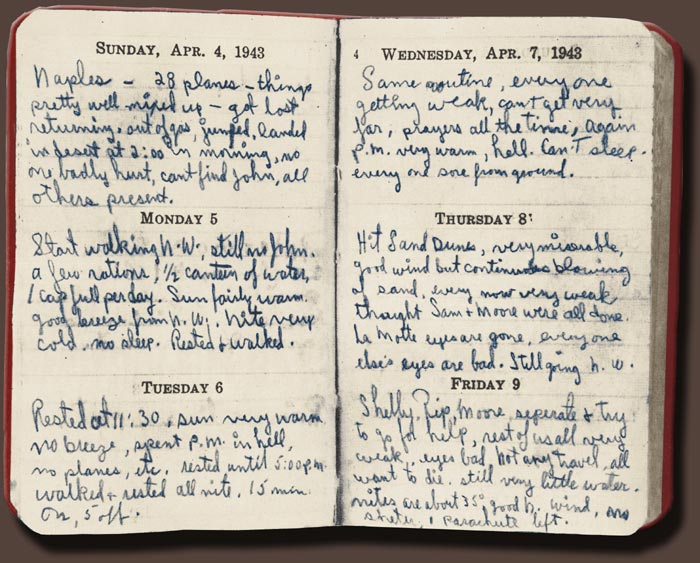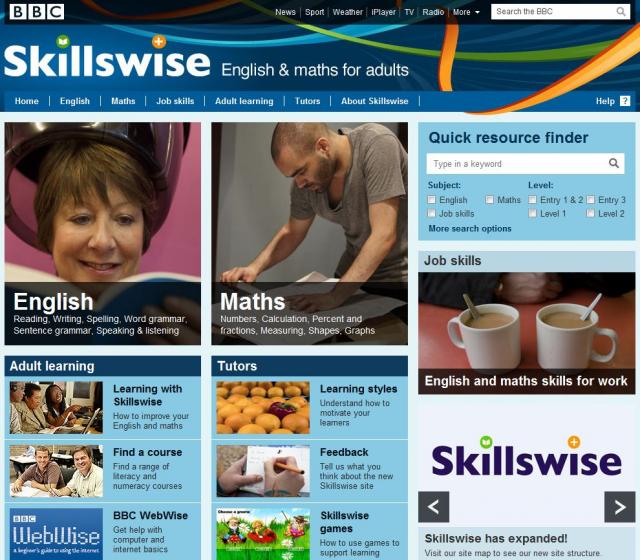There are lots of things you can do to improve your English outside class. Here are a few ideas:
1. Write a diary. This is good practice for writing and vocabulary. You can ask the teacher in the Study Centre to check it. Write something in your diary every day. You can write about what you did last night (in the past) or what you are going to do the next day (Tomorrow, I am going to...). You can write about something you saw, something in the news, a person you met... Anything! Two or three sentences is enough.
2. Follow a twitter account or subscribe to a website. This account looks useful for elementary students: https://twitter.com/EP_Learning You could subscribe to a BBC podcast to practise your listening skills. For example, http://www.bbc.co.uk/podcasts/series/6min_gram or http://www.bbc.co.uk/podcasts/series/elt_drama It is important that you listen to the podcast several times a week. These podcasts might be useful for Chinese students: http://www.bbc.co.uk/podcasts/series/aab and http://www.bbc.co.uk/podcasts/series/suk
3. Use songs to improve your vocabulary and pronunciation. http://lyricstraining.com/ is a good website where you can listen to the song and write in the missing words, but you can just listen to a song and find the lyrics on the internet.
Showing posts with label Writing. Show all posts
Showing posts with label Writing. Show all posts
Thursday, 6 November 2014
Sunday, 13 July 2014
Grammar: relative pronouns and relative clauses
Many students find relative clauses a difficult grammar point, but if you can use them correctly, you will significantly improve your writing. First, though, we need to look at relative pronouns.
There are lots of different pronouns in English and some you will already know: I, me, mine, you, yours, he, him, his etc. Relative pronouns are used to make questions and give extra information about people, places, times, things, and possessions.
There are lots of different pronouns in English and some you will already know: I, me, mine, you, yours, he, him, his etc. Relative pronouns are used to make questions and give extra information about people, places, times, things, and possessions.
Wednesday, 26 February 2014
Practising Punctuation: BBC Skillswise
Here is a link to the punctuation practise we did this morning: http://www.bbc.co.uk/skillswise/topic/punctuation
There are many more activities on the BBC Skillswise website. Explore the website and let me know what you think. Which activities do you find the most useful and enjoyable? Is there anything you want to practise more in class? Leave a comment and let me know.
There are many more activities on the BBC Skillswise website. Explore the website and let me know what you think. Which activities do you find the most useful and enjoyable? Is there anything you want to practise more in class? Leave a comment and let me know.
Monday, 7 October 2013
Writing: The Great Detective
Many students find writing extremely difficult. One problem that many students have is cohesion: all the ideas need to be connected. I can often read a paragraph by a student and I think "oh, this is a nice paragraph about food", then suddenly WHAM!! The student writes a sentence about their weekend! Food and the weekend are not connected. There is no cohesion here.
Here is a short story about a great detective. However, the sentences are in the wrong order. Can you put the sentences in the correct order? (To make things a little easier, the first sentence is number 1.)
1. The great detective was smoking his pipe at the end of a long day.
2. There was no answer.
 |
| a magnifying glass |
1. The great detective was smoking his pipe at the end of a long day.
3. Nothing happened.
4. Suddenly, there was a quiet knock on the door.
5. "Come in", called the great detective.
6. He put down his pipe and walked over to the door.
7. "Come in", he shouted again.
8. The telephone rang.
9. The man was still breathing.
10.When he opened it, the body of a man fell into the room.
11. He fell to the ground and listened carefully.
There is one sentence here that is not necessary. Which is it?
Copy the sentences and try and write the story in the correct order. The answers are after the jump.
4. Suddenly, there was a quiet knock on the door.
5. "Come in", called the great detective.
6. He put down his pipe and walked over to the door.
7. "Come in", he shouted again.
8. The telephone rang.
9. The man was still breathing.
10.When he opened it, the body of a man fell into the room.
11. He fell to the ground and listened carefully.
There is one sentence here that is not necessary. Which is it?
Copy the sentences and try and write the story in the correct order. The answers are after the jump.
Subscribe to:
Posts (Atom)


